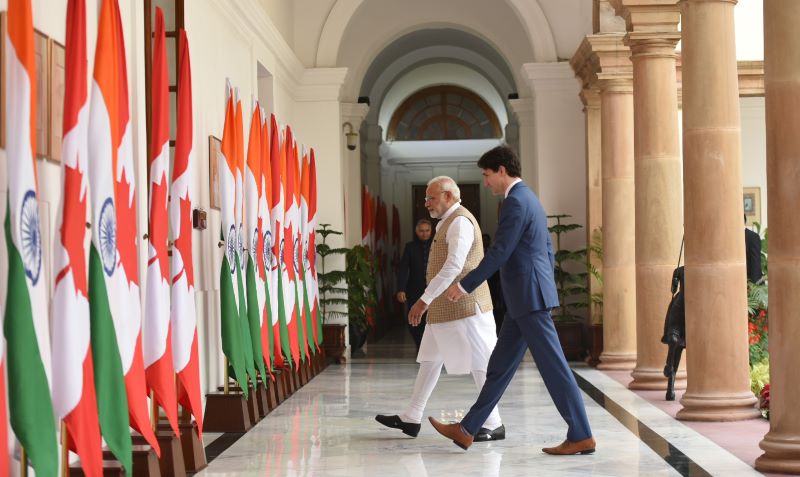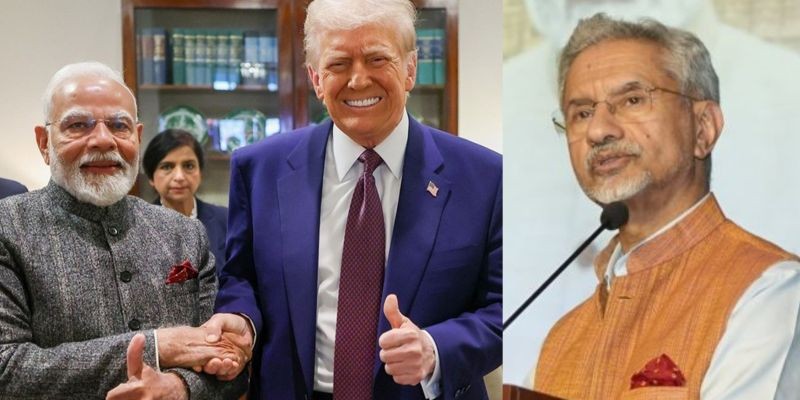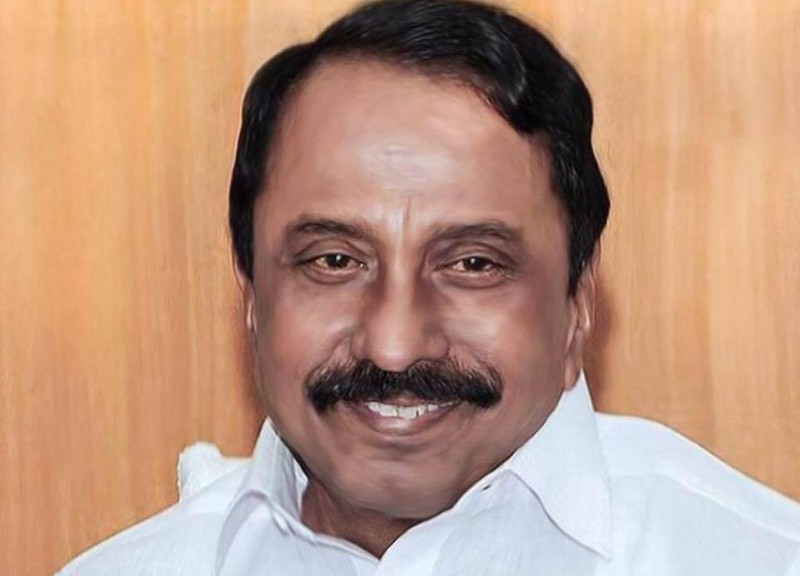Exercise a high degree of caution in India due to the threat of terrorist attacks: Canada directs citizens to updated travel advisory

Just hours after withdrawing 41 diplomats, Canada has updated the travel advisory where it directed its citizens to 'exercise a high degree of caution' while travelling in India.
The development comes amid ongoing diplomatic row between India and Canada over the killing of Khalistani terrorist Hardeep Singh Nijjar.
"Exercise a high degree of caution in India due to the threat of terrorist attacks throughout the country," the advisory said.
"Exercise a high degree of caution in and around Bengaluru, Chandigarh and Mumbai. Consular services in-person are temporarily unavailable in those cities or surrounding areas. If you need consular services, contact the High Commission of Canada in India, located in New Delhi. At any time, you may also contact the Emergency Watch and Response Centre in Ottawa," it said.
Canadian officials asked its nationals to avoid non-essential travelling to Assam and Manipur.
"Avoid all travel to the Union Territory of Jammu and Kashmir due to the unpredictable security situation. There is a threat of terrorism, militancy, civil unrest and kidnapping.This advisory excludes travelling to or within the Union Territory of Ladakh," the advisory said.
Meanwhile, Canada has withdrawn 41 diplomats from India as the relationship between Ottawa and New Delhi remains tense over the death of Khalistani leader Hardeep Singh Nijjar.
Country's Foreign Minister Melanie Joly was quoted as saying by The Canadian Press that New Delhi had threatened to remove immunities starting on Friday, referring to the special rights and protections provided to diplomats while they are posted to other countries.
Canada has directed 41 of its diplomats, along with their 42 dependants, to leave India, media reports said.
Currently, only 21 Canadian diplomats remain in India.
“A unilateral revocation of diplomatic privilege and immunities is contrary to international law,” Joly told reporters at a news conference in Ottawa as quoted by The Canadian Press.
Why India-Canada relationship remain tense?
Diplomatic ties between New Delhi and Ottawa soured after Canadian Prime Minister Justin Trudeau alleged that New Delhi could be behind Nijjar's killing.
Canadian PM Justin Trudeau on September 18 alleged the “potential” involvement of Indian agents in the killing of Khalistani extremist Hardeep Singh Nijjar in Surrey British Columbia on June 18. India dismissed the allegation, calling it “absurd” and “motivated.”
In 2020, India designated Nijjar as a terrorist.




